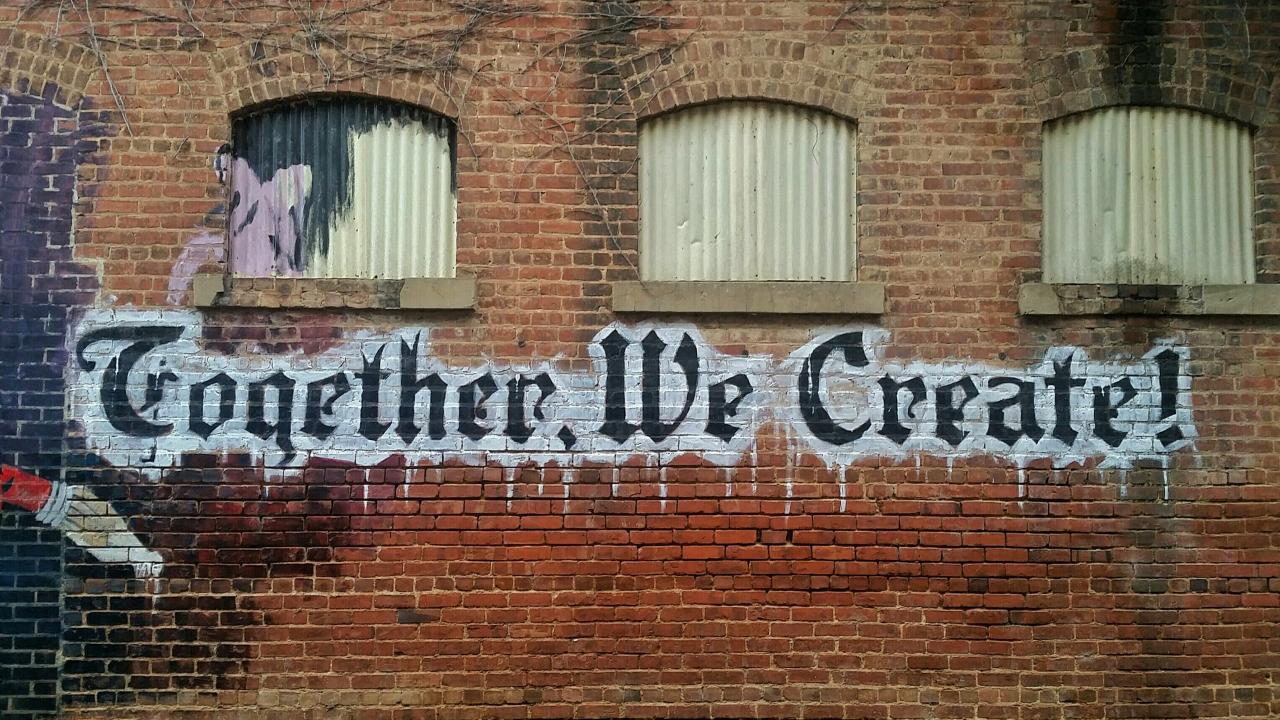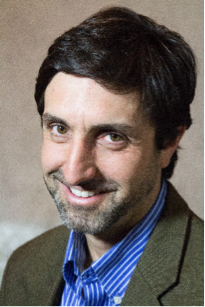
Defining Community Development

Dear CRC Community,
Blank stares. That is what I am met with by family and friends when I say that I teach community development. “What is that?” they say. I usually struggle a bit and then draw on the description by one of my mentors Isao Fujimoto, one of the founders of the community development programs at UC Davis. Community development is the process of people working together to solve problems that they cannot solve alone. This provides some clarity, but not as much as when I give up and just say, I study city planning or sociology. Apparently, this is not an isolated phenomenon as several colleagues at UC Davis and other universities recently documented in their article in Community Development Journal. This insightful article co-written by Michael Rios and Vikram Koundinya, CRC Faculty Affiliates, and CRC Staff Carolyn Abrams at UC Davis, draws on a programmatic study of community development undergraduate and graduate programs in the United States.
Using a comprehensive survey and interviews, the co-authors identified over 100 programs that address community development in their curriculum in some way. One of the study’s key findings is that there is not one commonly agreed upon definition for community development. The lack of comprehensive framework for pedagogies, foundational knowledge, and standards for assessment interfere with the development of the field as a whole. One of the few common themes is the way in which community development education works to bridge the divides between universities and local communities. This is a value and a practice that is also at the core of the Center for Regional Change’s praxis. We are proud to be able to contribute to this national study and to serve as a university-community bridge through our programs.
-Jonathan K. London, Faculty Director, Center for Regional Change
